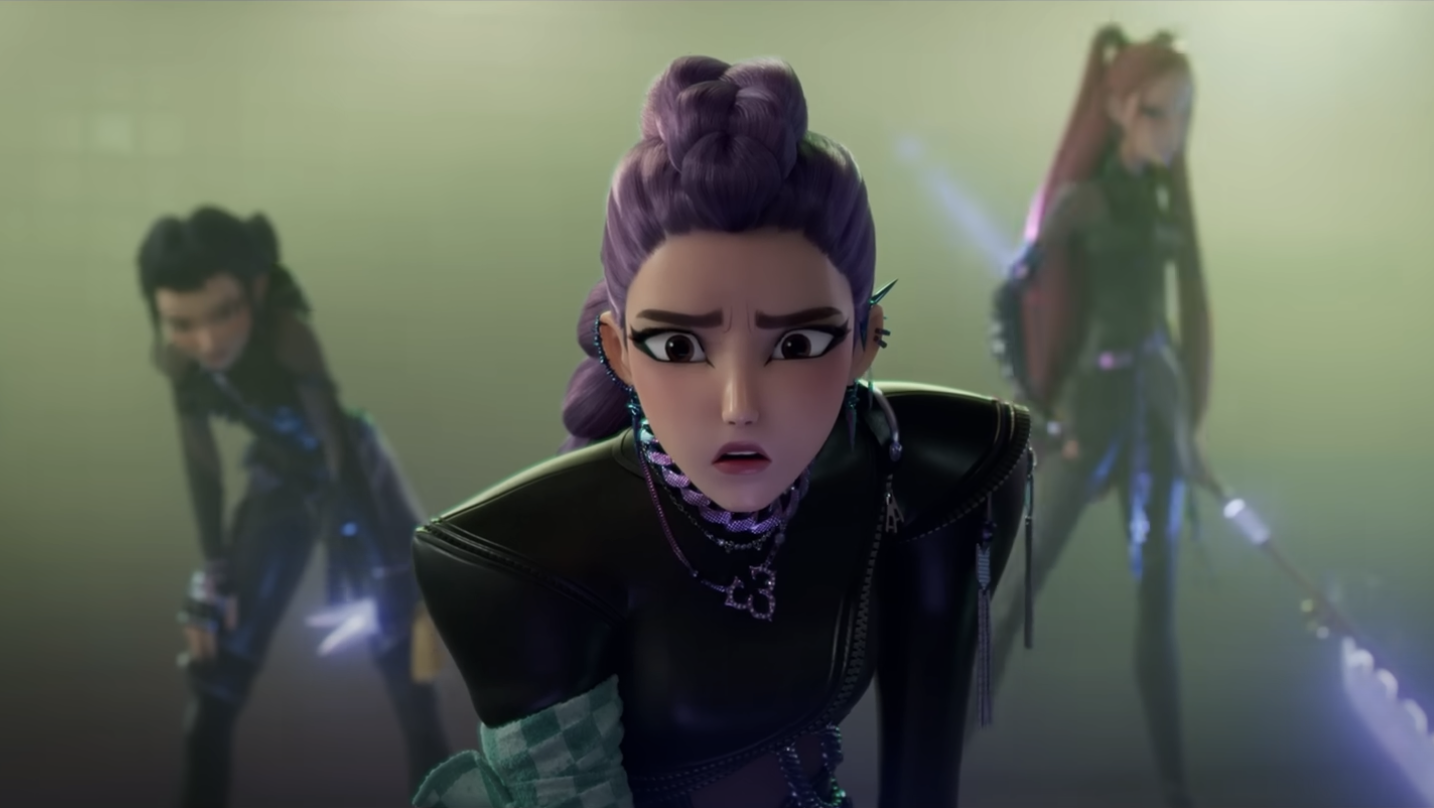KPop Demon Hunters, an animated musical series on Netflix, has become a significant cultural phenomenon, amassing over 291 million views, making it the most-watched title in the platform's history. Its lead single, "Golden," currently holds the top position on the Billboard Hot 100 chart.
Explainer As A Former DC Cop, The Federal Takeover Was The Right Move
Despite its commercial success, the series has drawn criticism from some Christian and conservative commentators who express concerns over its themes. Allie Beth Stuckey, host of Relatable, remarked, "Not only are [the filmmakers] purposely drawing upon satanic and pagan themes, but they are also using this as a metaphor for an adolescent coming out of the closet."
Isabel Ong, an editor at Christianity Today, echoed these sentiments, suggesting that the film reflects a modern tendency to portray monsters and demons in a way that could create a sense of spiritual ambivalence. "Our modern-day penchant for making monsters and demons safe — or cute or attractive or morally ambiguous — might be problematic," Ong stated.
The plot centers around a girl group named HUNTR/X, comprised of characters Rumi, Mira, and Zoey, who wield enchanted weapons to combat demons while performing pop songs. The series features a demon lord named Gwi-Ma, who attempts to undermine the girls by dispatching a rival boy band, the Saja Boys.
Critics argue that the film's portrayal of Rumi's attraction to Jinu, a character with a complex backstory involving a human-demon love affair, raises questions about its messaging. However, supporters contend that the film ultimately promotes themes of redemption and the importance of confronting one's flaws.
"KPop Demon Hunters is neither demonic nor gay. It is, in fact, pretty based," asserts Grayson Quay, a writer and consultant who analyzed the film's themes. He argues that the series highlights the inevitability of worship, suggesting that everyone worships something, and the choice lies between good and bad worship.
The film also explores the concept of collective worship through its concert scenes, which some scholars liken to religious liturgies. Quay notes that the concerts strengthen the anti-demon barrier known as the Honmoon, which protects the girls and their fans from evil forces.
While the film does feature demons, it largely portrays them as faceless adversaries, with Jinu being an exception. His character is depicted as a lost human soul, burdened by shame and seeking redemption through Rumi's love. This nuanced portrayal has led some to argue that the film offers a more profound commentary on human failings and the potential for forgiveness.
In the end, KPop Demon Hunters is not explicitly Christian or conservative, but its exploration of spiritual warfare and the nature of worship resonates with viewers who appreciate its insights. As Quay concludes, the film provides more for such audiences to appreciate than to fear, suggesting a complex interplay of themes that may warrant further discussion.
As the series continues to capture the attention of audiences worldwide, its impact on cultural conversations surrounding faith, identity, and entertainment remains to be seen.
Why it matters
- KPop Demon Hunters has become Netflix's most-watched title with over 291 million views, highlighting its cultural significance.
- The series' lead single, 'Golden,' tops the Billboard Hot 100, showcasing its commercial success and popularity.
- Critics raise concerns about the series' themes, suggesting it reflects a troubling portrayal of demons and spiritual ambivalence.
- Supporters argue the series promotes redemption and confronts flaws, indicating a complex narrative that resonates with diverse audiences.
What’s next
- Monitor upcoming discussions on the series' themes in cultural and religious forums.
- Watch for potential responses from Christian and conservative groups regarding the series' portrayal of spiritual themes.
- Anticipate further analysis from media critics as the series continues to gain popularity.

